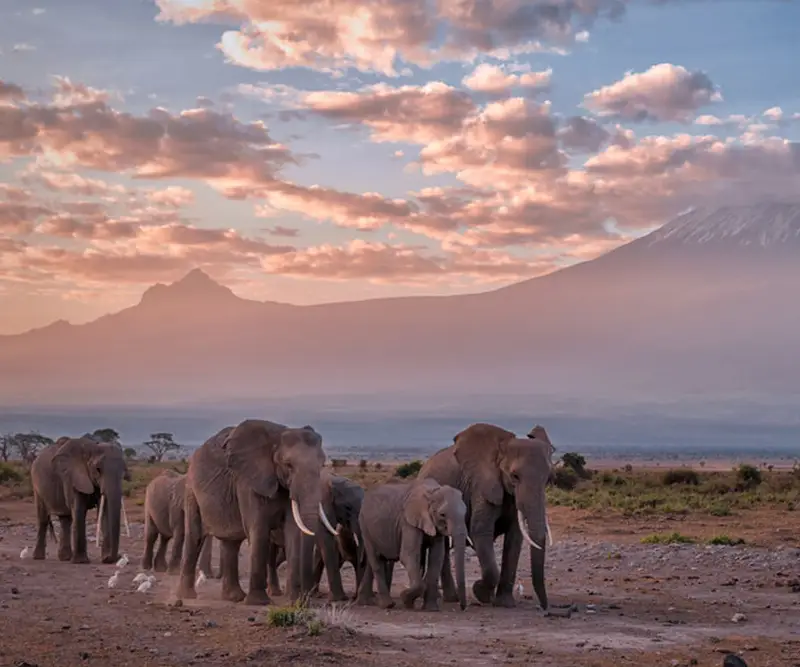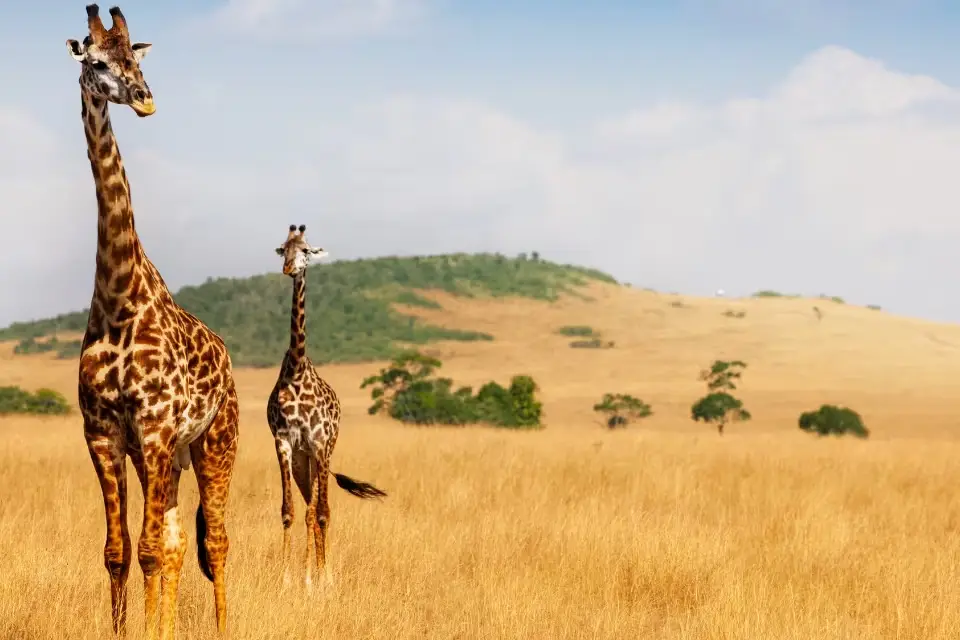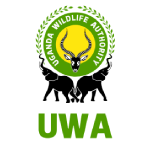Explore
Kenya Travel Guide
Kenya Travel Guide

Kenya offers a unique and unforgettable travel experience, with its wildlife, landscapes, and culture. And with this Kenya Travel Guide, you will have the most beautiful times during your Kenya Safaris. You can talk to our safari experts, our design your itinerary according to your taste.
Kenya stands as one of the most iconic and outstanding tourist destinations on Earth, heralding the true wonders that the world has to offer. Indeed, from vast, ever-expanding, and peaceful landscapes – showcasing some of the planet’s most majestically magnificent animals – to the vibrant and bustling cities that are made by its people and its all-consuming culture, Kenya really has it all.
Kenya is one of Africa’s premier travel destinations, known for its breathtaking wildlife, diverse landscapes, and rich cultural heritage. Home to the Maasai Mara National Reserve, Kenya offers some of the best safari experiences, including witnessing the Great Migration, one of nature’s most dramatic events.

Kenya Travel Guide FAQs
When is the best time to visit Kenya?
The best time to visit Kenya largely depends on the activities you’re interested in. For safaris, the dry season from June to October is ideal, as animals gather around water sources and are easier to spot. This is also the period for the Great Migration in the Masai Mara, which occurs from July to October. For trekking Mount Kenya, the optimal months are January to March and June to October due to clear weather conditions.
Do I need a visa to travel to Kenya?
Yes, most travellers require a visa to visit Kenya. E-visas can be easily obtained online before departure, offering a faster and more convenient option. Citizens of certain countries within the East African Community do not require a visa. Always verify your specific visa requirements based on your nationality through the Kenyan embassy or the e-visa website.
What vaccines are required for Kenya?
Before travelling to Kenya, vaccinations for yellow fever and malaria prevention are highly recommended, especially if travelling to rural or lowland areas. Vaccines for Hepatitis A, Typhoid, and Hepatitis B are also advisable. Travellers should consult their doctor at least 6-8 weeks before departure to ensure they are adequately protected.
Is Kenya safe for tourists?
Kenya is generally considered safe for tourists, with popular areas like Nairobi, Masai Mara, and Mombasa being well-frequented by visitors. However, it’s always important to take standard precautions such as avoiding poorly lit areas at night, using reputable transport services, and staying informed about local conditions through travel advisories.
What should I pack for Kenya?
When packing for Kenya, consider the activities you’ll be doing. For safaris, lightweight, neutral-coloured clothing is essential for blending with nature. Bring comfortable walking shoes, sunscreen, a hat, and binoculars for wildlife viewing. For trekking Mount Kenya, pack layered clothing, sturdy hiking boots, and waterproof gear.
What's the Food Like on a Kenya Safari?
Kenya Safari Food offers a delightful variety of flavours, from international dishes to traditional Kenyan cuisine. Most lodges serve buffet-style meals, with options such as grilled meats, fresh vegetables, rice, and stews. Packed lunches are common for day game drives, featuring sandwiches, fruits, and snacks. On camping safaris, meals are prepared by camp chefs and can include hearty stews and grilled meats. Don’t miss local dishes like ugali (maize porridge) and nyama choma (grilled meat) for an authentic experience.
- © 2025 Solo Safari Update | All Rights Reserved.











